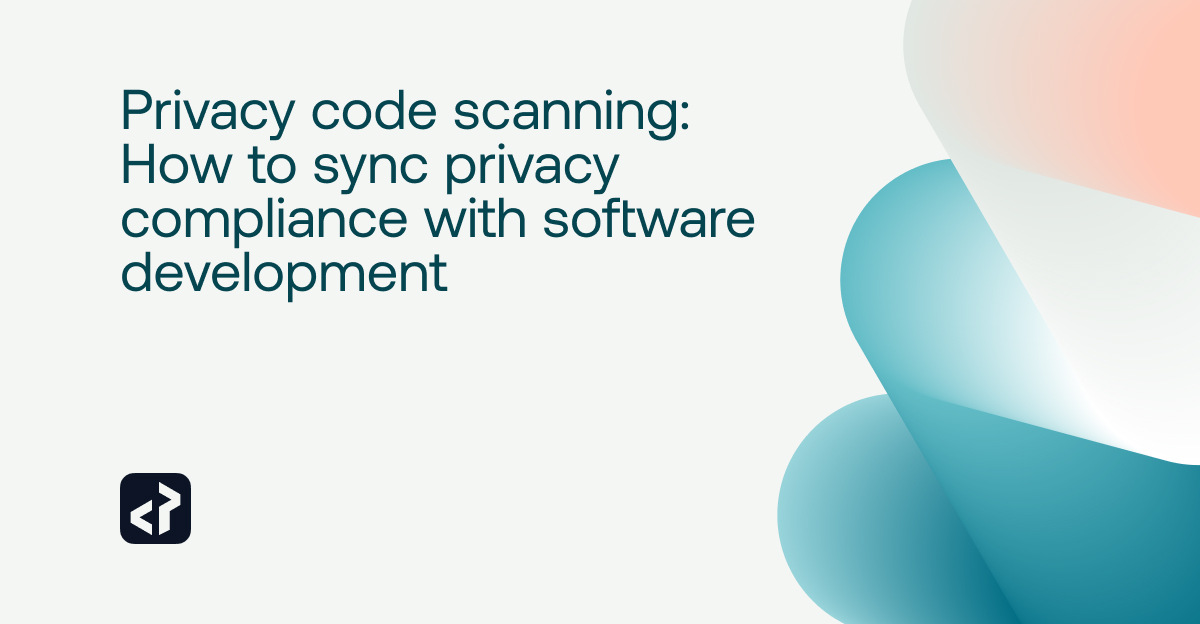According to Gartner’s prediction, by the end of 2024, 75% of the global population will be covered by modern privacy regulations, with new regulations being introduced in various countries and states. The California Privacy Rights Act (CPRA) is a pivotal regulation that has raised concerns about data privacy and security for businesses.
Many companies have invested resources in compliance with these laws, focusing on mapping data in storage. However, the real challenge lies in understanding the data flow throughout its lifecycle. Current privacy tools can identify stored data but lack visibility into how personal data is collected, used, and shared.
Manual assessments are often conducted to gather information on data processing practices, but they are slow, subjective, and prone to inaccuracies. To address these challenges, a new approach is needed that focuses on the code itself.
Privacy code scanning is an innovative solution that bridges the gap between privacy and engineering. By scanning the code written by engineering teams, privacy code scanning solutions can provide complete visibility into the data lifecycle, including collection, flows, sharing, and storage. This approach enables continuous privacy compliance within the software development lifecycle.
Privacy code scanning is essential for companies developing software that processes personal data. It automates the identification and classification of personal data, links data processing instances to specific code sections, and enables real-time monitoring and enforcement of privacy policies.
The use cases for privacy code scanning are diverse, including digital tracking governance, automated Record of Processing Activities for GDPR compliance, scalable Privacy by Design, prevention of privacy risks, and automation of privacy assessments. It can also facilitate privacy reporting for app store approval, block sensitive data sharing with AI applications, govern data shared across borders, and assess privacy risks during mergers and acquisitions.
Privacy code scanning offers several advantages, including full data lifecycle visibility, AI-driven accuracy, continuous governance, efficiencies for privacy and engineering teams, data security preservation, and rapid implementation. Key capabilities include data visibility, privacy governance, and developer enablement.
The impact of privacy code scanning is significant, providing an accurate picture of privacy risks, reducing risks at scale, enabling faster product launches, improving communication between privacy and engineering teams, eliminating manual processes, and allowing for more focus on risk mitigation.
In conclusion, privacy code scanning is a crucial tool for maintaining compliance with privacy regulations and ensuring data privacy and security in software development. It complements existing privacy management tools and helps build trust with stakeholders and customers. Privacy code scanning is a proactive approach to privacy risk management that can benefit companies across various industries.



